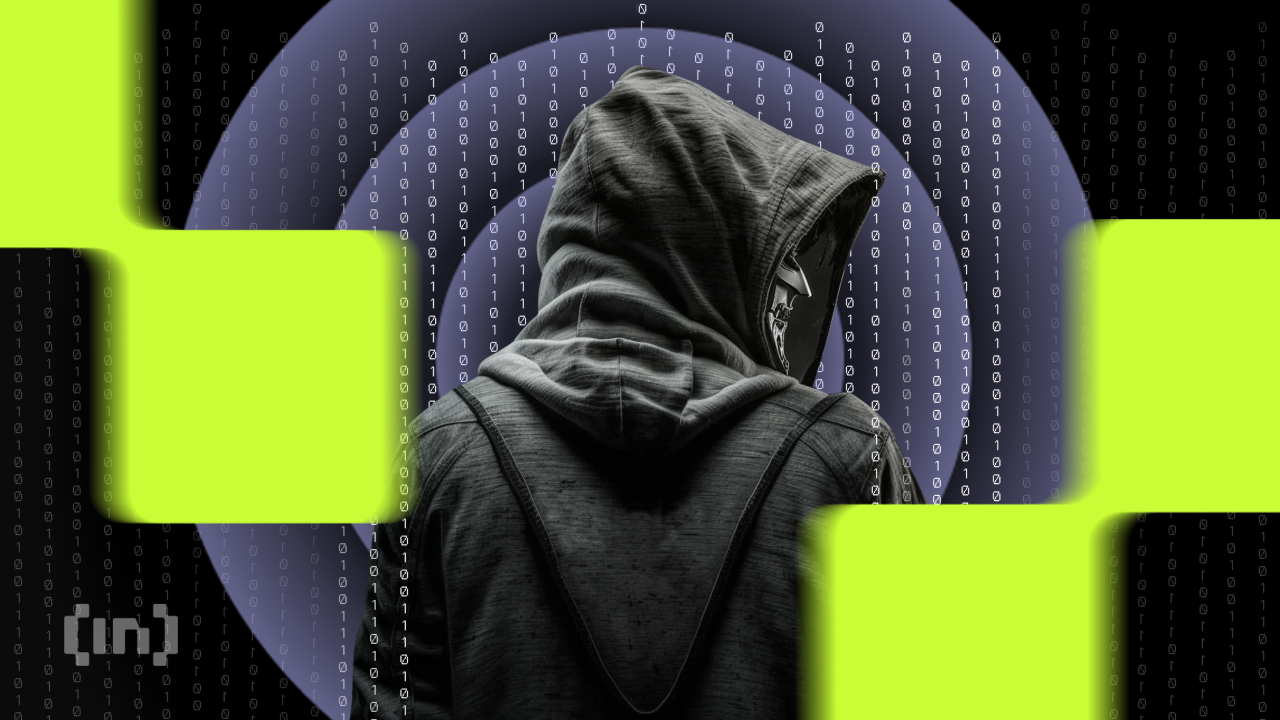- In the lawsuit, the shareholders claimed that the GPU sales of Nvidia were boosted by selling to crypto miners, highlighting a point in time when sales tumbled.
- The agencies threw light on the case of investors, which apparently consists of evidence such as statements from ex-Nvidia officials and a Bank of Canada.
- On November 11, the Supreme Court heard the arguments for the case and after that, it dismissed the lawsuit.
Nvidia has recently faced a lawsuit with claims that it misled investors regarding the volume of sales to crypto miners after the Supreme Court of the United States terminated the appeal of the company to throw it out.
On December 11, the judges of the court released a brief, one-line order in which it terminated the appeal of Nvidia and also didn’t provide any explanation. This decision successfully replaces an appellate court ruling that encouraged the lawsuit, which was already dismissed by a California district court in March 2021.
What did Nvidia’s spokesperson say?
The chip-making company was seeking to overrule the Ninth Circuit appeals court ruling from August 2023 that encouraged a 2018 suit from a group of Nvidia shareholders. The suit claimed that the company concealed more than $1 billion in GPU sales made to crypto miners and the chief executive officer, Jensen Huang reduced the volume of sales to the industry.
A spokesman for Nvidia revealed that they would have wished for a decision on the merits supporting the termination of the case from the trial court, but we are completely prepared to carry on our defense.”
He further added that constant and anticipated standards in securities litigation are required to safeguard shareholders and ensure a strong economy, and we are still committed to backing them.
In the lawsuit, the shareholders claimed that the GPU sales of Nvidia were boosted by selling to crypto miners, highlighting a point in time when sales tumbled in accordance with the collapsing crypto market in late 2018, which resulted in Nvidia’s share price going down to about 30% in just two days.
The claims of Nvidia
Nvidia claimed that the suit was based on an expert opinion that built information regarding its business and income. In October this year, the class group got help from the Justice Department and the Securities and Exchange Commission, which revealed that Nvidia’s argument was not what happened here.
The agencies threw light on the case of investors, which apparently consists of evidence such as statements from ex-Nvidia officials and a Bank of Canada report claiming that Nvidia downplayed its cryptocurrency revenue by $1.35 billion.
On November 11, the Supreme Court heard the arguments for the case and after that, it dismissed the lawsuit. After this, many judges questioned why the court agreed to hear it and if the case even portrayed an issue that would need to be ruled on.
Two years ago, Nvidia paid $5.5 million to the Securities and Exchange Commission to resolve the case that it deficiently revealed the effect of crypto mining on its gaming business without acknowledging or refusing the agency’s findings.








